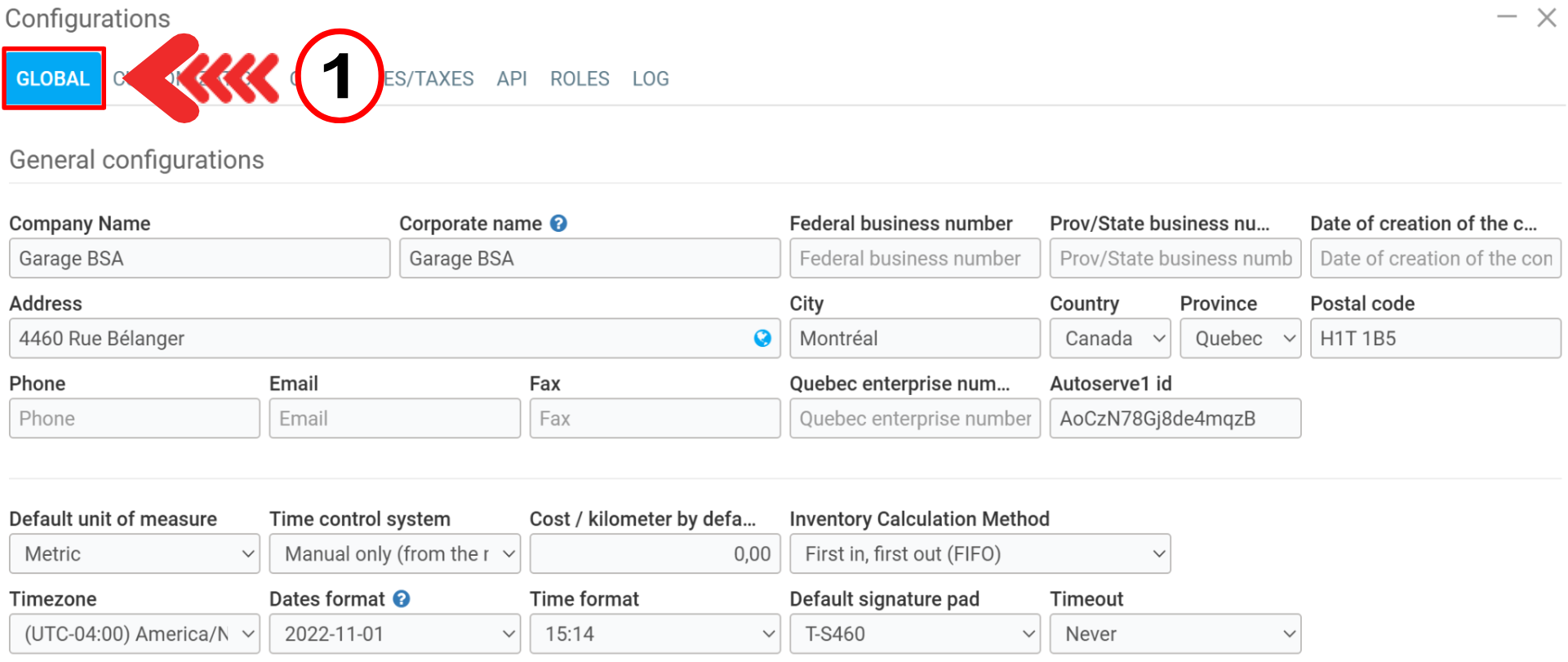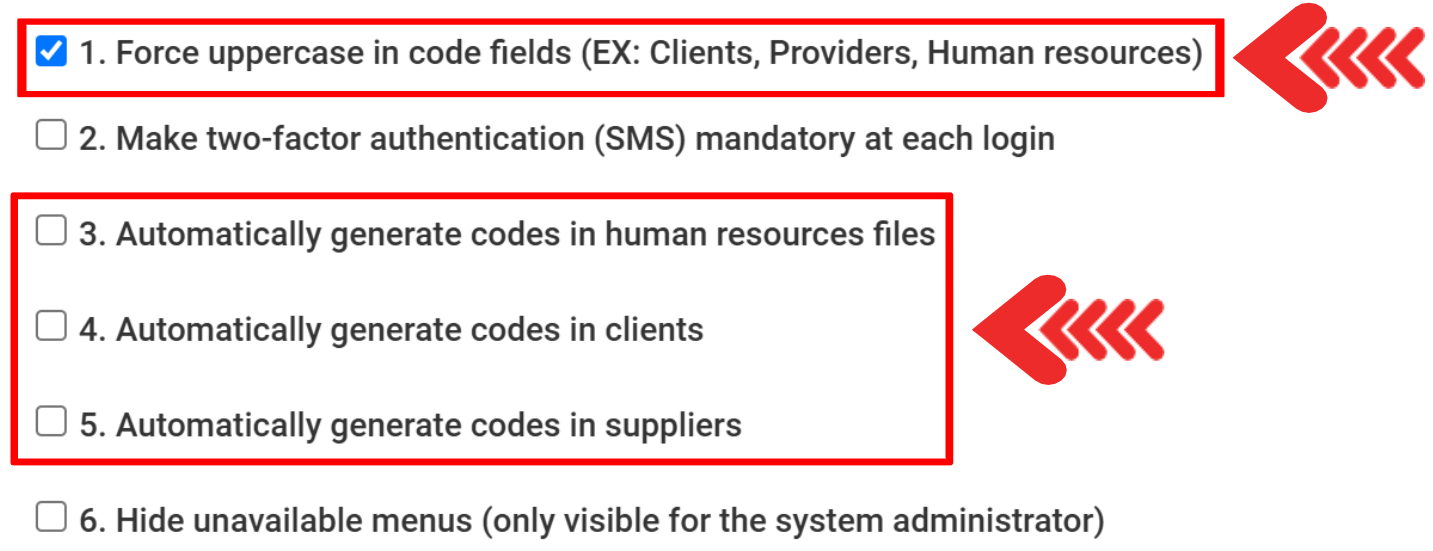GEM-CAR FAQ
Using the Code and Type Fields: Choice and Automatic Generation
Unique Codes For Identification
Across various entities in GEM-CAR, such as customers, suppliers, human resources, and products, you'll encounter a field labeled Code. This is a mandatory alphanumeric identifier that helps you quickly identify specific records. For those new to this feature, here's a comprehensive explanation:
Automatic Code Generation
By default, GEM-CAR offers the convenience of automatic code generation. When you leave the Code field blank, the system will automatically assign a unique number, starting from 1. For instance, if you create a record with no code and the last assigned code is 1000, the new code will be 1001.
Manual Code Entry
If you prefer to assign codes manually, you can do so by entering the desired alphanumeric code in the Code field. However, it's crucial to ensure the code is unique within the system.
Code Uniqueness
GEM-CAR strictly enforces code uniqueness to prevent conflicts and maintain data integrity. If you attempt to enter a non-unique code, an error message will appear, indicating the code is already in use.
Resolving Code Uniqueness Issues
In some cases, you might encounter a "code not unique" error even though the code doesn't seem to be present in your active records. This could be due to inactive records still retaining the code.
Options For Managing Codes
To address code-related concerns, GEM-CAR provides two helpful options in the Configurations > Configurations > Global tab:
-
Force Uppercase In Code Fields: This option ensures that all codes are entered in uppercase format.
-
Automatically Generate Codes In Human Resources, Clients, and Supplier Records: This option enables automatic code generation for these specific record types.


Additional Notes
-
If the "Automatically generate client codes" option is disabled, the system will automatically use the customer's phone number as the customer code if no other code is entered.
-
For business records, you can have multiple contacts. Each contact can be assigned a type, such as Operations (Main), Operations, Accounting (Main), Accounting, Other, or Communications.
-
The type is used to suggest specific recipients when sending emails. For example, if you send a direct deposit report through a supplier's account history, the system will suggest the contact in the following order: Accounting (Main), Accounting, and if neither of these is found, the email address on the supplier's record.
Other articles on the subject:
Create a Code for My Jobs in the Point of Sale
Configure Color Code for the Point of Sale
Create a Product Code for Car Rentals
Posted
11 months
ago
by
Olivier Brunel
#130
826 views
Edited
3 days
ago
